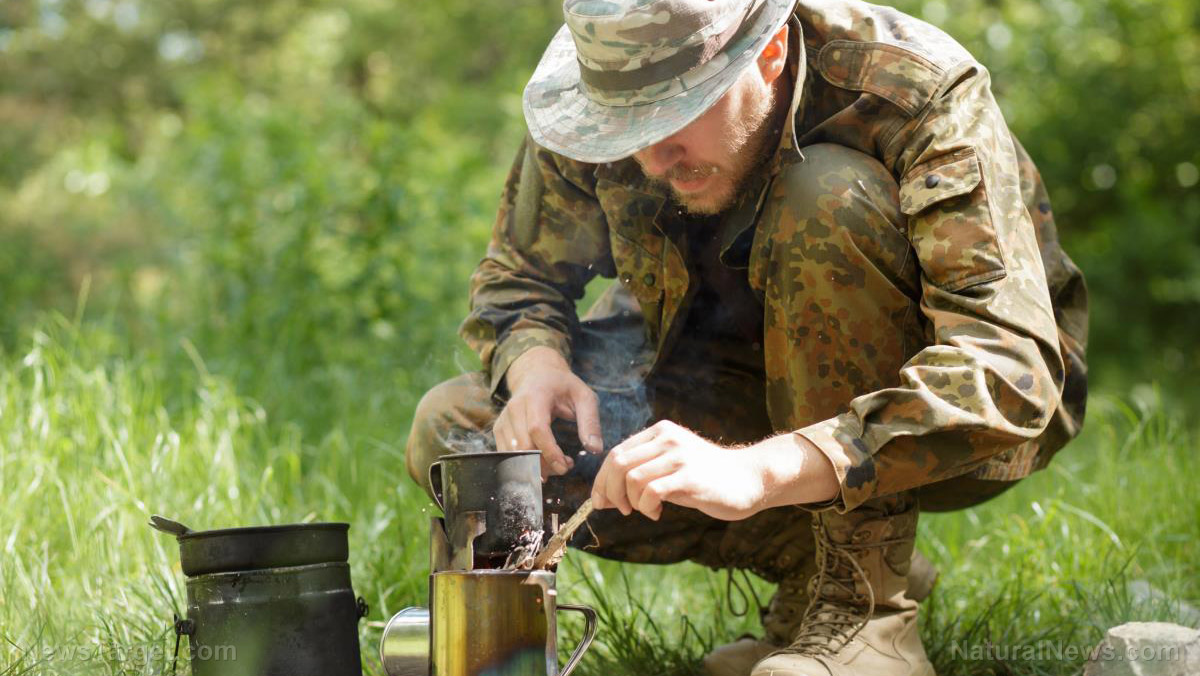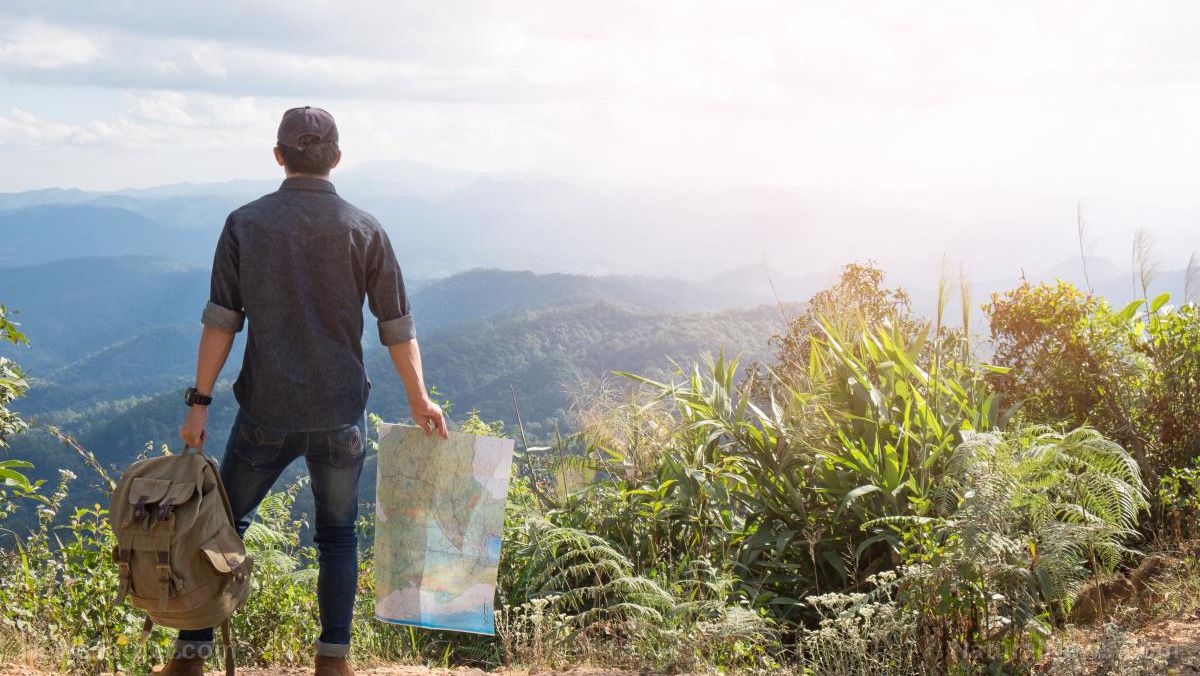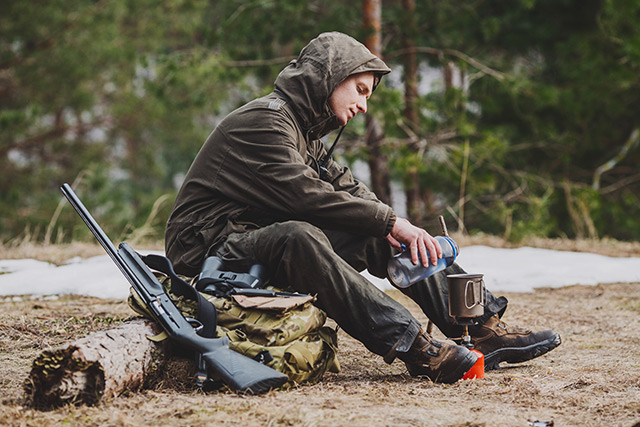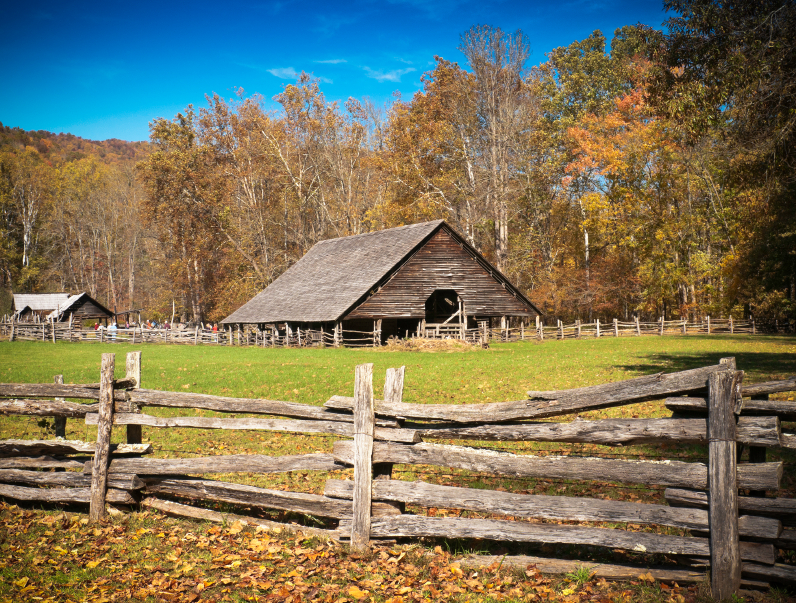Be better prepared, even if you don’t have a lot of money
09/25/2018 / By Zoey Sky

If you’re new to prepping, you might be under the impression that you need a huge budget to keep your family safe when SHTF. However, seasoned preppers know that to become a real survivalist, you need to be creative and resourceful.
Not sure where to start? Here are 10 ways to start prepping without breaking the bank. (h/t to TheOrganicPrepper.com.)
Bookmark some prepping and survival websites
There are a lot of free prepping and survival resources online, and reviewing these pages can help you prepare for any disaster that might come your way. Here are some important links to bookmark:
Learn how to forage
Read up on foraging by borrowing books from the library. Once you’re familiar with edible plants and mushrooms, start exploring the local area with someone who’s well-versed in foraging so they can teach you which berries, fungi, and plants are safe to eat if you need to forage in the wild.
Learn a survival skill (or two)
When it comes to prepping, your skills are more important than your gear or supplies. Visit the public library or check online resources to read up on various survival skills that can help you stay safe when SHTF. Here are some skills to consider:
- Building a shelter from salvaged materials
- Cooking over an open fire
- Growing vegetables from scraps
- Hand sewing
- Hunting/trapping
- Mending/repairing things
Map out the local area
Study the layout of the neighborhood because this will come in handy if you need to use alternate routes when bugging out. Knowing where resources are can also help save your life if you know the fastest route to get there.
Mother Nature's micronutrient secret: Organic Broccoli Sprout Capsules now available, delivering 280mg of high-density nutrition, including the extraordinary "sulforaphane" and "glucosinolate" nutrients found only in cruciferous healing foods. Every lot laboratory tested. See availability here.
Meet like-minded people in the area
This doesn’t necessarily mean preppers. You can meet up with others who can help you build the foundations of a solid survival community, such as:
- Avid gardeners
- Community watch members
- Local farmers
- The local homesteading group
- Shooting range regulars
Plan for an evacuation
You can prepare a bugout bag (BOB) using a bag you already own with supplies that can be found in your home. Just make sure the BOB is ready if you need to evacuate. Prepare a list of things you might need, but do this on a quiet day so you can concentrate on items that you can use when SHTF.
Make sure each BOB has First Aid kits and extra medication, along with personal documents for each family member. A BOB must also contain enough survival supplies so you can survive for at least 72 hours away from home. If you have children or pets, include things they may need like comfort items and pet food so they can stay safe if you need to evacuate.
Practice drills
It’s a good thing to have everyone caught up on your emergency evacuation plans, but it’s important to do practice drills regularly so the whole family knows what to do before SHTF.
Simulate a disaster scenario by spending a weekend without any electricity and running water. Once the drill is done, have a meeting and discuss any problems that you encountered, then think of ways to resolve these issues.
Put together important information
Start by organizing documents into a folder so you can easily grab it if you need to bug out. Include deeds, identification, insurance policies, medical records, mortgage papers, social security numbers, and veterinary records. Do the same for the other members of your family. Aside from gathering physical copies of these documents, keep records online by scanning and uploading them in the cloud. (Related: How to prep even if you don’t have a lot of money to spare.)
Start exercising
Aside from preparing food supplies and survival gear, you need to stay in shape if you want to be a prepper. If you don’t have time to visit the gym regularly, there are online resources that can help you stay fit, even if you or someone in the family is disabled.
As a prepper, it’s important to maintain a healthy weight so it’s easier to move around during an emergency situation.
Stock up on water
If you have empty two-liter soda bottles around the house, recycle them and fill them with water. If you have bigger containers that can’t be used to store drinking water, fill them so you can at least have water for sanitation and other uses.
By gradually adding to your water supply each week, you’ll soon have a month’s supply stored in your stockpile or basement. Make sure to rotate your water supply regularly.
Prepping isn’t all about your budget. If money is tight, start prepping for free by trying some of the tips above. You can always start your prepping journey by learning various skills, staying organized, and being alert.
Visit Preparedness.news to read more articles with tips on how to prep on a budget.
Sources include:
Tagged Under: budget prepping, Collapse, disaster, emergencies, emergency preparedness, Homestead, homesteading, off grid, preparedness, preparedness and survival, prepper, prepping, prepping on a budget, prepping tips, self sufficiency, self-reliance, self-sustainability, SHTF, survival, survival skills, Survival Tips, survivalist




















